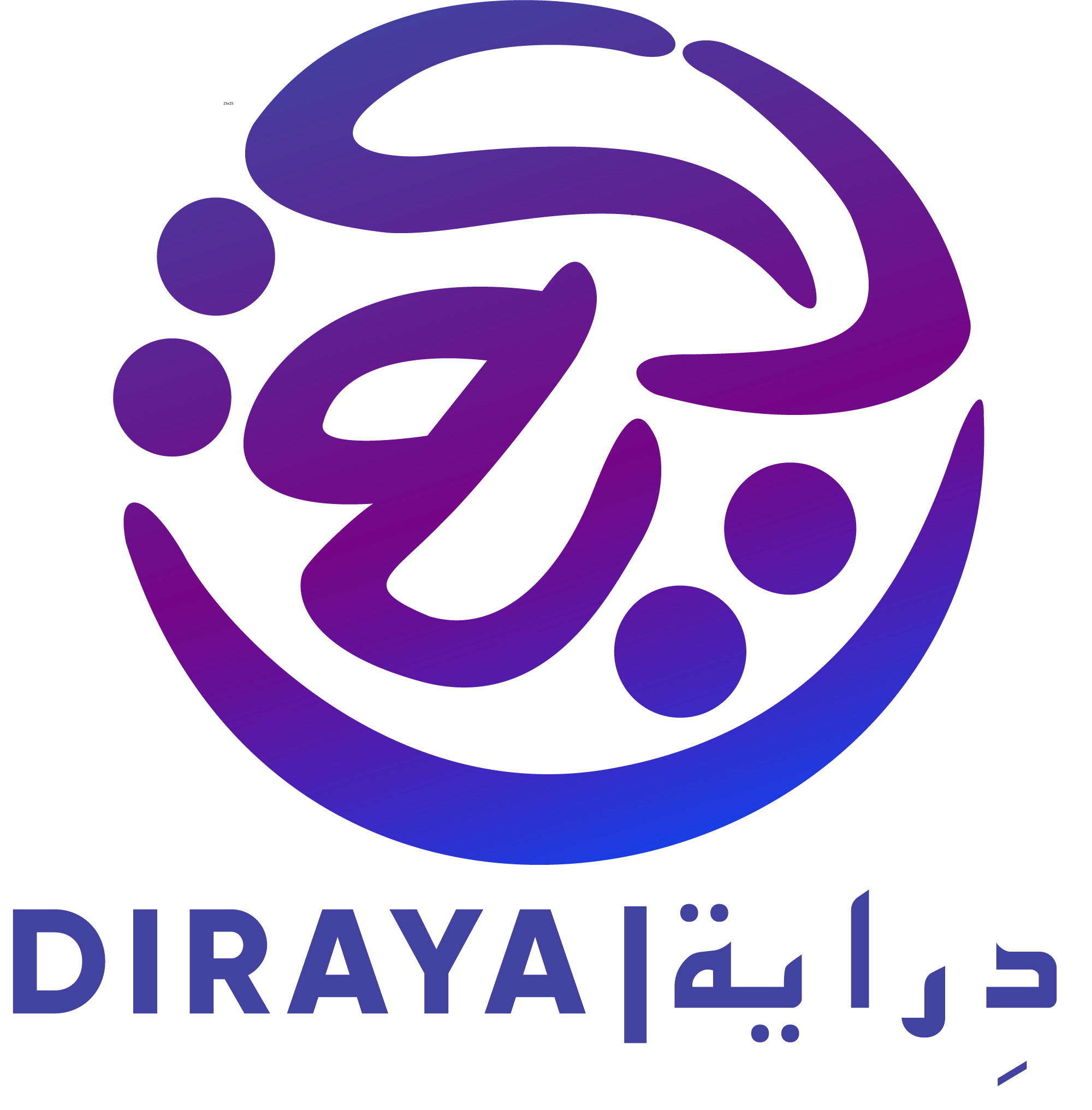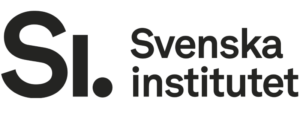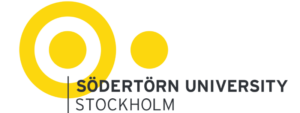 Henda is a graduate of The Institute of Press and Information Sciences in Tunisia. In addition to her freelance work with Inkyfada and Nawaat in Tunisia, she occasionally works with foreign media outlets. Currently, Henda is working on launching the first feminist and queer online magazine in Tunisia that is due to launch in September 2020.
Henda is a graduate of The Institute of Press and Information Sciences in Tunisia. In addition to her freelance work with Inkyfada and Nawaat in Tunisia, she occasionally works with foreign media outlets. Currently, Henda is working on launching the first feminist and queer online magazine in Tunisia that is due to launch in September 2020.
During her undergraduate studies at the institute, Henda felt that she and her fellow students were not being trained to work as journalists, but to be a tool for the government. She describes her studies like, “We were not studying journalism or communication. We were studying techniques to reinforce the dictatorship in Tunisia and to avoid all important subjects in the country.” This approach to journalism education contrasted with Henda’s views on the role of media in society.
She said, “to be a journalist is to care about people and give them a voice, especially women.”
At the end of 2004 and early 2005, Henda started to delve into the world wide web recently introduced in Tunisia. There she started reading about the political struggles in Tunisia on different blogs and started her own career in media activism as a blogger under the name Henda Hendoud in 2007 to talk about freedom of expression and human, women, and sexual rights from her personal experience in Tunisia. Slowly she started publishing exclusive news on her blog. Today, she remains active on Facebook, Twitter, and Instagram.
Between 2007 and 2010, Henda was working as a freelance journalist covering topics related to underground culture and art in Tunisia. In this way, she felt she was shedding light on young artists who have different social views of the country. She also had some experience freelancing with Attariq Al Jadid, an opposition publication, and with the independent online radio station, Radio Kalima. During this time, she also became active on Facebook.
Henda explains, “Facebook changed a lot in our particles as journalists and as activists. It was an open media where we can write and share our articles and it is fast.”
The year 2010 was a pivotal point in her life. At the time, she was a public activist on Facebook while also working at the pro-regime station Radio Shems FM. The radio station was owned by the daughter of then-president Zine El-Abidine Ben Ali and all the journalists and hosts could talk about was music, nightlife, and other light topics. Such practices, observes Henda, reveal the impact on the audience.
“It takes a lot of time under dictatorship to realize the complexity of the situation, especially that the propaganda is very strong.”
She also describes the impact of media propaganda on the audience, noting that the middle-class population with stable jobs found it hard to accept that they were living under a dictatorship in Tunisia.
In parallel, Henda was always connected to Facebook following news about what matters and voicing her political opinions in different ways like participating in the campaign against censorship in Tunisia in 2010. After the revolution started in 2010, Henda made a change in her career to focus on independent media and political activism full-time.
She recalls that“when the revolution started at the end of 2010, I switched all my career to be a full-time independent journalist working for radio, television, websites, foreign and Tunisian media, and working most of the time with social movements on police reforms against police violence.”
From 2014 till 2018, Henda worked full time with Nawaat, the pioneer independent news media website in Tunisia. Since then, she has been a freelancer at Nawaat and Inkyfada, two of the top independent and anti-status quo media outlets in Tunisia. Henda acknowledges that she has shifted between media outlets over time, and explains that such changing affiliation might not be always political but could also be determined by economic interests.







 Henda is a graduate of
Henda is a graduate of 






